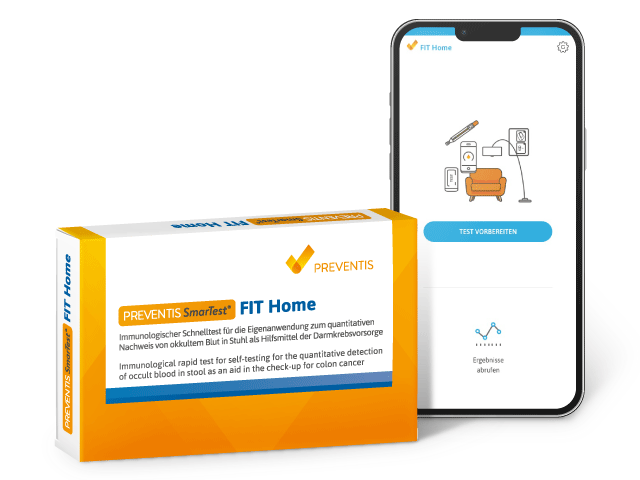Colorectal cancer is a serious condition affecting thousands annually. Despite its prevalence, there are effective preventative measures everyone should be aware of. This article is dedicated to understanding colorectal cancer and the strategies that can help minimize your risk. Our goal is to provide scientifically sound, understandable, and useful information to support your colorectal health and enhance confidence in our brand.
Understanding Colorectal Cancer
Colorectal cancer, a serious ailment impacting thousands yearly, has a silver lining: actionable steps exist to mitigate its risk. This blog post aims to illuminate how scientifically backed methods can safeguard your colorectal health, thereby minimizing cancer risk. We are committed to offering trustworthy, comprehensible information, enabling you to make informed health decisions.
Colorectal cancer typically begins as benign lumps known as polyps in the colon. Over time, some of these polyps can grow and become cancerous.
Early detection through screening can allow for the removal of these polyps before they turn malignant, highlighting the effectiveness of preventative measures.
Risk Factors for Colorectal Cancer
Certain risk factors for colorectal cancer, such as age (over 50), family history of the disease, or genetic syndromes, are beyond our control. However, there are several lifestyle factors we can influence to lower the risk:
Diet: Diets high in red and processed meats can increase risk, while fiber and whole grains may offer protection. A fiber-rich diet plays a pivotal role in preventing colorectal cancer. Studies suggest that high fiber intake can reduce colorectal cancer risk. Fibers found in whole grains, fruits, vegetables, and legumes help maintain a healthy digestive system.¹
Weight: Being overweight is a risk factor for various cancers, notably colorectal cancer. Estimates suggest that obese individuals have about a one-third higher risk of developing colorectal cancer compared to those of normal weight.²
Alcohol and Smoking: Smoking and alcohol consumption are lifestyle factors largely within our control. It's widely recognized that alcohol and cigarette smoke can cause serious diseases. Recent evidence confirms that both significantly contribute to the risk of developing colorectal cancer.
Preventing Colorectal Cancer
Fortunately, simple lifestyle changes can reduce colorectal cancer risk. Here are some preventive measures:
Dietary Changes: Incorporate more fruits, vegetables, and whole grains into your diet to increase fiber intake. These components help keep the digestive system healthy. Reduce consumption of red meat and processed meat products.
Probiotics found in fermented foods like yogurt, kefir, and sauerkraut can also contribute to colon health and positively affect the balance of gut flora.
Alcohol and tobacco consumption is closely linked to an increased risk for colorectal cancer. Limiting or completely avoiding alcohol and quitting smoking can significantly lower your risk for developing colorectal cancer.⁴
Exercise: Regular physical activity is another crucial factor in preventing colorectal cancer. The World Cancer Research Fund International recommends at least 150 minutes of moderate activity per week to lower cancer risk. Physical activity helps boost metabolism and maintain weight, both linked to a higher risk of colorectal cancer.⁵
How Can Preventis Assist?
Regular colorectal cancer screenings are vital for early detection and prevention. Individuals over 50 or with a family history of colorectal cancer should consider regular screenings. Early detection often allows for successful treatment of precancerous conditions before they develop into serious disease. An innovative tool in this area is the immunological fecal occult blood test, offering a non-invasive method to detect signs of colorectal cancer or its precursors.⁶
Immunological Fecal Occult Blood Tests: An Overview
Immunological fecal tests (iFOBT or FIT) detect hidden blood in the stool, invisible to the naked eye, which can originate from polyps or colorectal cancer. Unlike older, guaiac-based tests relying on chemical reaction with hemoglobin, immunological tests use antibodies to specifically recognize human hemoglobin. This specificity leads to higher accuracy and reduces the likelihood of false positives from food consumption.

The SmarTest by Preventis is an advanced immunological rapid test designed for home use. Its ease of use and reliability make it a valuable tool for early detection of colorectal cancer.
Ease of Use: Simple operation allows users to conduct the test comfortably at home without the need for a hospital or doctor visit.
Digital Result Reading: Using an associated smartphone app, the result is digitally read, minimizing human reading errors. The app can also provide test execution guidance and store results, facilitating easier follow-up and sharing with medical personnel. Digital integration supports efficient monitoring and can assist in tracking changes over time.
Early Detection: The SmarTest by Preventis is highly sensitive to occult blood in the stool, making it an effective tool in early detection.
Conclusion
Colorectal cancer is undoubtedly a frightening diagnosis, but it is important to know that there are preventive measures that can significantly reduce the risk. By adjusting your lifestyle and utilizing preventive screenings, you can make a critical contribution to your gut health. We hope this guide offers you valuable insights and practical tips to safeguard your health. Your well-being is our priority, and through informed knowledge, we can collectively minimize the risk of colorectal cancer.
Call to Action
Start today with small steps to change your lifestyle and prioritize your gut health. For more information and support, please consult a healthcare professional. Together, we can make a difference.
